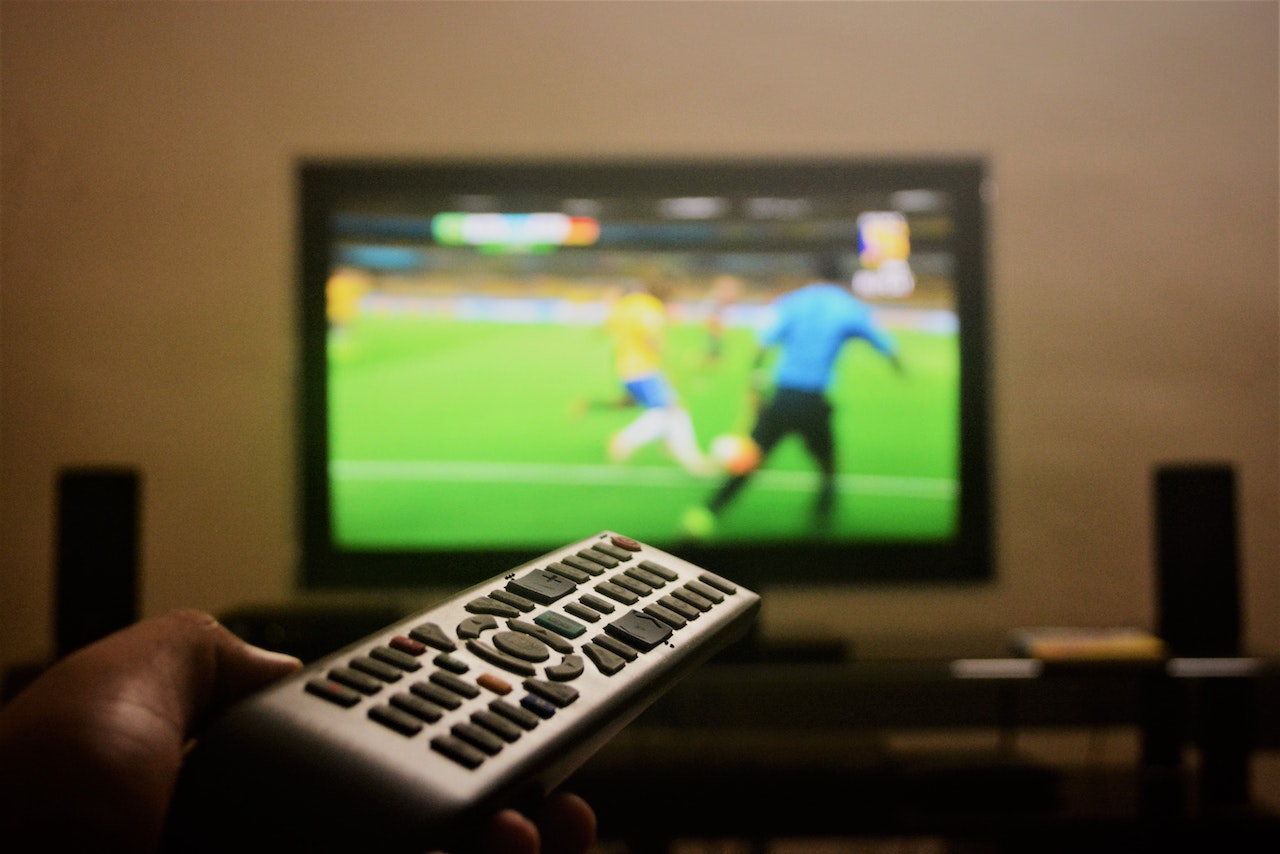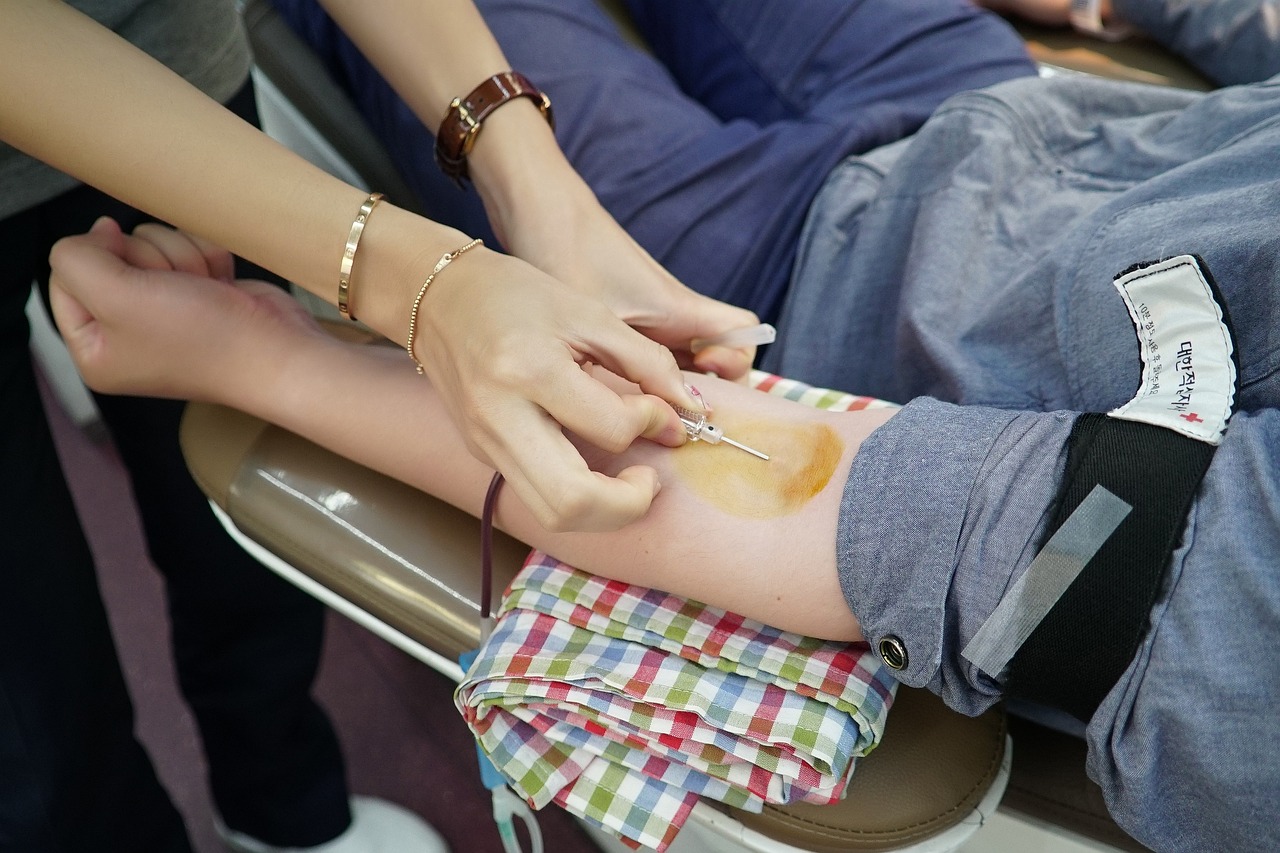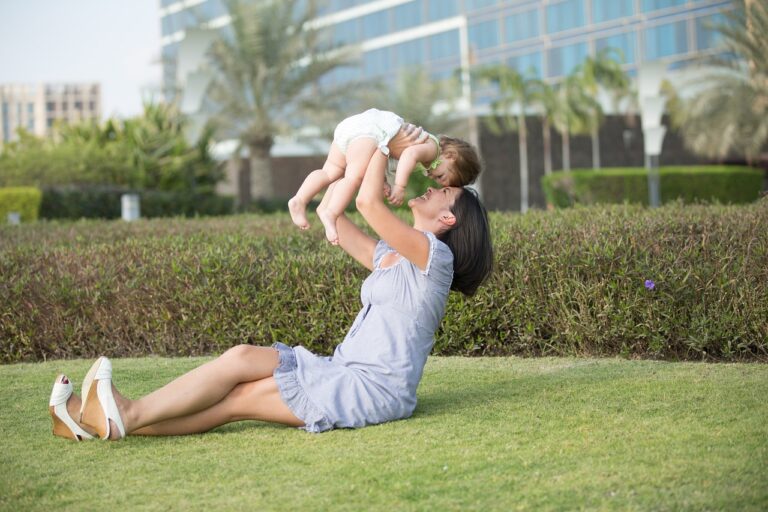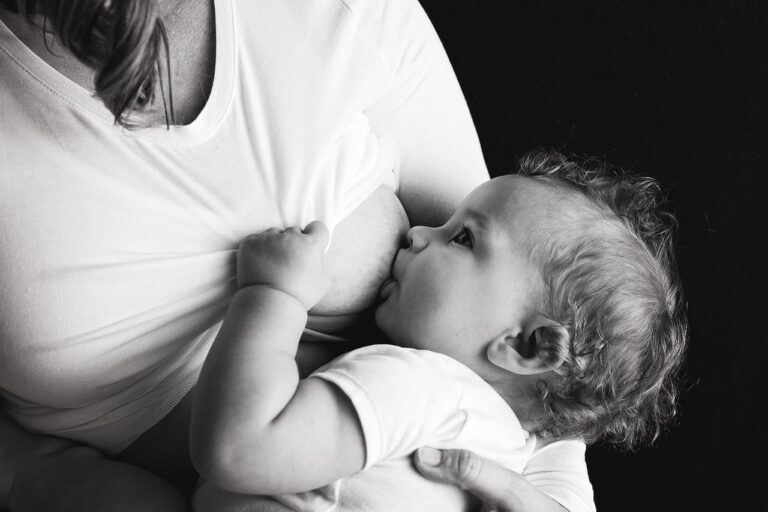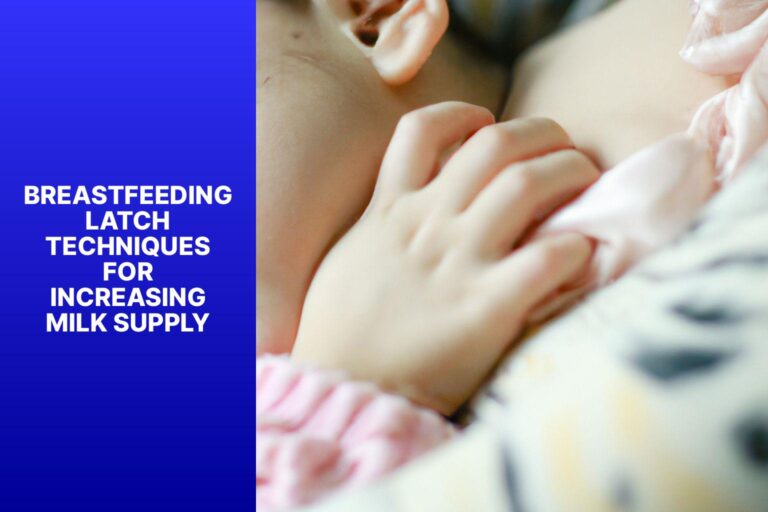Is Watching TV While Breastfeeding Okay?
If you are a mother in this digital age, you most likely have one or more TVs at home. Televisions have been around for a long time, and people of all ages have used them to gain information, watch for entertainment, or even view it for educational purposes.
But one Reddit user sought the opinion of other parents after an argument with their significant other. According to the user’s boyfriend, moms should not watch television while breastfeeding since it could harm the baby/relationship.
Redditors were quick to call out the significant other. Many users agree that breastfeeding for a lengthy period can get boring, especially without distractions. One user even advised the partner to “take a chill pill.”
So should every mother be watching TV while breastfeeding? The answer is not at all cut and dried for every mother. Like most things in parenthood, no lifestyle is one-size-fits-all.
Is Watching TV While Breastfeeding Okay?
Breastfeeding can be a lengthy and tiring activity. On average, a newborn needs nursing 8-12 times a day. After 1-2 months, that number can go down to 7-9 times. And when it comes to breastfeeding, a session can last for 20 minutes or longer.
So we cannot blame you if you need some form of distraction while your baby is nursing. Thankfully, you can watch TV while breastfeeding your baby. Not only does it keep you from untimely dozing off, but it can relax your mind and give you entertainment.
Most newborn babies won’t mind your television session while they sleep or breastfeed. However, things might be different if you are dealing with older children.
How Much TV Should My Baby Be Consuming?
One of the biggest concerns pediatricians and parents have is TV exposure for children. At first, your child might be too focused on drinking to notice that the telly is on. But as children gain more control of their senses, they might start getting distracted by the flashing colors and the loud noises on the screen.
According to the American Academy of Pediatrics (AAP), babies younger than 18 months should not be in front of a television screen. During those 18 months, babies’ brains are continuously evolving and developing. Their minds should only focus on observing their surroundings, playing with their parents, and learning to communicate. That developmental stage should not be focused in front of a television, cellphone, tablet, or gaming console.
Your toddler can only start enjoying TV shows at 18 to 24 months. However, they will still need your guidance, especially when watching something unfamiliar. Children can learn better if they have guardians guiding and reinforcing lessons.
What Will Happen To My Child If I Exposed Them to Too Much TV?
You might have seen babies or toddlers using an iPad or a smartphone while their parents are outside or at a family gathering. Giving children remotes or digital devices has become so common. Gone are the days of rattles and picture books since 92.2% of 1-year-olds have already been exposed to mobile screens.
However, many pediatricians are against giving babies screen time since it can disrupt their language development, reading abilities, and short-term memory. Plus, constant exposure to a screen can affect your child’s sleeping pattern and make it harder for them to catch some shut eyes at night.
Let’s go back to breastfeeding: does this mean you can’t watch television with your child anymore? Not necessarily. However, your watching session should only be for you, not for your child.
You can do this by facing your infant away from the television while breastfeeding them. You can also lower the volume so that only you hear what you are watching. You might also want to avoid horror or thriller shows that give you an untimely scare and disturb your peaceful baby.
Besides those, do activities with your infants that do not include having the television on. You can read them a book before going to bed or play outdoors during the day. Children learn best when they have social interaction with their guardians. And do make sure to turn that TV off when no one is watching!
What Alternative Activities Can I Do While Breastfeeding?
Your TV, cellphone, or tablet should not be the only thing that keeps you distracted while breastfeeding your baby. Remember, too much media consumption is not only harmful to your baby. So remember to turn that screen off every now and then.
But what can you do while you are breastfeeding your baby? The first and most obvious suggestion is to spend quality time with your child. Snuggle and talk to your baby while breastfeeding. Give them eye and skin-on-skin contact as much as you can. And don’t forget to smile!
You can also listen to some soothing music with your baby. Music can help your baby develop cognitive abilities and put them at ease. Putting on classical music or a lullaby can be relaxing for both of you.
Reading is another fantastic way to pass the time. Books can help keep your brain young and stimulated without disturbing your baby. Alternatively, you can pick up a child-appropriate book and read it aloud to them while you nurse them.
Finally, you can do light chores around the house while breastfeeding your baby. You can carry your baby in a breastfeeding sling while you cook or water the plants. But do keep an eye on your baby and not let go of them while out and about.
Many activities do not need to get the TV involved. And these activities are healthier for both your baby and you.
American Academy of Pediatrics Guidelines
The American Academy of Pediatrics advises caution when it comes to screen time for young children. Babies younger than 18 months are recommended to avoid exposure to screens. During this period, their brains are rapidly developing, and their focus should be on observing the real world, interacting with family members, and engaging in physical activity. Pediatric experts like Dr. David L. Hill and Dr. Jill Stamm emphasize the importance of face-to-face interactions and avoiding excessive screen exposure for infants.
Mindful Media Use
New moms may find it tempting to engage with screens during breastfeeding sessions. While it’s natural for mothers to seek distraction during lengthy feedings, it’s important to be mindful of the content being consumed. Instead of turning to TV shows or mobile phones, considering alternative activities that provide quality bonding time can be more beneficial. Research by the World Health Organization suggests that face-to-face interactions, maintaining eye contact, and responding to the baby’s cues contribute positively to social development and language skills.
Cognitive Impact on Children
The impact of screen time on language development and cognitive skills in young children is an area of concern for medical doctors and researchers. Studies have shown that excessive screen exposure, especially at a young age, can lead to fewer words spoken by the child and limited language skills. The rapid changes in images and bright colors on screens can distract from meaningful interactions and hinder language acquisition. Dr. Jill Stamm, director of the New Directions Institute, stresses that real-life experiences and interactions are fundamental for healthy brain development.
Balancing Entertainment with Interaction
For new moms looking for ways to entertain themselves during breastfeeding sessions, there are alternatives that encourage interaction and bonding. Listening to soothing music, reading a good book aloud, or engaging in calming activities like deep breathing can provide relaxation for both the mother and the baby. It’s important to remember that even during feeding times, the baby’s need for eye contact, facial expressions, and responsive tone of voice should not be overlooked.
Adapting to Developmental Stages
As babies grow into older infants and toddlers, their awareness of screens and their impact increases. While breastfeeding older babies, it’s still essential to maintain a focus on the baby’s cues and communication. The transition to TV shows or videos can be introduced around 18 to 24 months, under parental guidance. Choosing age-appropriate content and watching together can provide shared experiences and encourage language development through discussions.
Media-Free Activities
Incorporating media-free activities into breastfeeding routines can foster a healthy lifestyle and promote holistic development. Activities such as engaging in physical play, sharing stories, exploring the outdoors, and interactive play with toys or family members can be both entertaining and educational. These activities encourage the baby’s cognitive and sensory development while ensuring that screen time remains limited.
In a world where screens are pervasive, finding the right balance between technology and real-life interactions is essential for new moms and their babies. Prioritizing face-to-face bonding, maintaining eye contact, and responding to the baby’s needs during breastfeeding sessions can provide a foundation for healthy language development and cognitive growth. While screens may offer convenience and entertainment, the benefits of real-world interactions and alternative activities should not be underestimated.
FAQ:
Are there any shows I should avoid while breastfeeding my baby?
Avoid any shows that contain loud and scary noises or adult content. Although you won’t directly show those shows to your infant, they can still catch a glimpse of them from the corner of their eyes and ears.
Is watching YouTube or Netflix better than watching TV?
It comes down to personal preferences. With YouTube or Netflix, you can have what shows you want to play in the background, including family-friendly shows that do not have inappropriate words or moments.
What if I wear headphones while I breastfeed my baby?
Wearing headphones while breastfeeding can help keep distracting sounds away from your baby. Plus, obscene moments and words can be muted, and only you can hear them.

